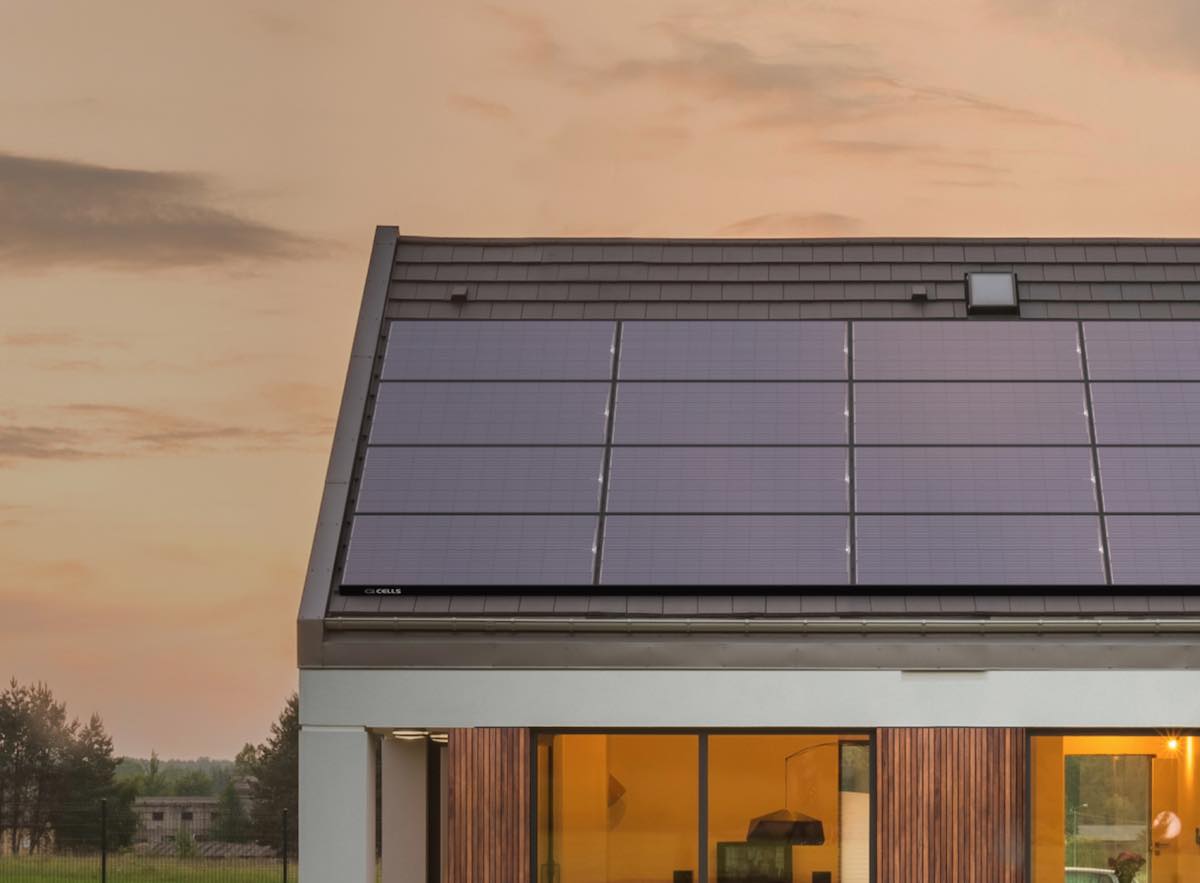

Image: Q Cells
South Korean solar giant QCells has announced that it is freezing prices on all retail energy plans for its Australian customers until at least October in response to expected increases in retail electricity costs from July 1.
The price freeze locks in the prices QCells makes through its retail entity, Arcstream, which was launched in Australia in March of last year, just as some of the sector’s non-tradition, upstart retailers were starting to buckle under the pressure of soaring wholesale electricity prices.
Arcstream’s integrated solar and storage subscription plan is a fixed-rate monthly offer backed up from the grid by 100% green energy, delivered via authorised electricity retailer partner Electricity in a Box.
In Victoria, customers who sign up to Arcstream can also take part in the state’s virtual power plant pilot, through which they entrust control of their solar and battery system to Arcstream to deliver their “optimal energy solution.” VPP participation can take a further $10-$20 off the monthly bill.
QCells says the price freeze will hold for the majority of winter – when energy costs have the potential to soar from increased demand driven by power for heating – and to the end of September for all of their Arcstream energy plan customers with a QCells battery.
The freeze comes as energy retailers warn they will be passing along the 25% increase in wholesale power prices that forecast to come into play at the start of July; although for Arcstream customers with solar and a battery, the jump in grid power prices might already be expected to have minimal impact.
“Australian homeowners need to take action to protect their lifestyle from the sadly predictable cost of living impacts of gas and electricity price increases, which feels difficult as businesses and individuals are looking to tighten their budgets,” said QCells Australia general manager Mick Fell on Tuesday.
“This upcoming price increase is something we knew was coming, and we’ve been able to plan around it to ensure our customers are feeling the benefit of their decision, but also so new customers can see how reducing their reliance on the grid can pay dividends.
“We would encourage all homeowners to take control of their energy bill, electrify their homes, and install as much solar and battery as they can,” Fell said.
As One Step Off The Grid reported last year, households without solar or a battery can get the whole lot through Arcstream, including QCells solar panels and smart inverters, with the option of using “tailored finance” to pay for it.
The offer is also open to customers who already have solar and or an existing battery – as long as it is a Q Cells battery.
In Australia, QCells’ most recent offering to the battery market is its Q.Home Core A5, which comes at 6.8kWh per module and if scalable up to 20.5kWh.
“We know that many local residents already see the benefit of owning their own solar and battery, but we also know that buying solar and storage and finding an energy plan that works for them can be incredibly overwhelming,” said Fell at the time of Arcstream’s launch in 2022.
“We want to provide an easy way for households to simplify the complexity of putting home renewable energy in place by offering an all-inclusive solution from a trusted and quality brand, that matches their energy needs to their lifestyle like their broadband or mobile phone plan.”
As reported at the time, Arcstream’s offer won’t suit everyone – and the VPP part of the deal is pretty limited from the outset: First, to eligible customers on Victoria’s Ausnet network; second to customers who opt for a QCells battery.
Detailed notes on the ins, outs and Ts & Cs of the various Arcstream offers can be found here.
This post was published on June 28, 2023 2:51 pm
Australian hardware and garden store giant says it has reached 100 per cent renewables, with…
Data used to showcase the downward impact of renewable energy on power prices contained a…
Most so-called ‘community batteries’ are actually installed by electricity networks, but this local group managed…
Rising energy bills are driving a surge in complaints. The NSW Energy Ombudsman wants better…
Australians are often being misled when they try to make sustainable electrical appliance choices, and…
China EV giant bows to trend of offering "complete solutions" for home energy, with launch…